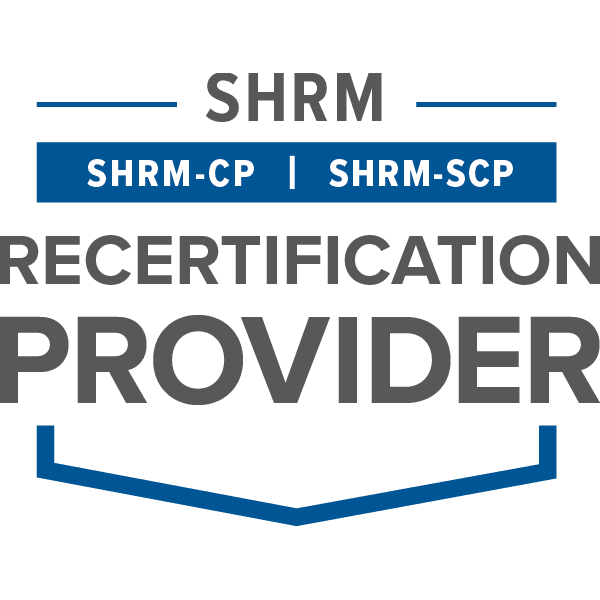About the Course
A look at the structure and consequences of a single-payer system so you can better understand what is out there and how to educate your clients.
Members of Congress are discussing whether a single-payer system, such as in Canada and other countries, would be the way to achieve universal coverage in the United States. Some of the proposals being considered may look similar to systems we have today, but are still single-payer systems or a pathway to single payer. Would you recognize a single-payer system? These systems exist all over the world and we can learn from those that are already in existence. This issue is not only an issue of political contention, but one that is being broadly discussed on an ongoing basis.
It is critical for health insurance professionals to understand what a single-payer system would mean for their families, clients and country. This three-hour course provides in-depth instruction from NABIP CEO Janet Trautwein on the importance of the overall functioning of healthcare delivery and financing in the United States, the structure of single-payer systems in other countries, and detailed information on legislation that has been introduced in Congress or proposed by political candidates. It also includes important references for supplemental reading, continuing education credits and a final exam.
NABIP's Legislative Position
NABIP strongly opposes all forms of single-payer healthcare and is committed to promoting employer-sponsored health coverage and preserve Medicare, Medicaid, and other existing health programs.
Course Highlights
- Characteristics of single-payer healthcare plans
- Types of healthcare delivery and payment systems
- Pros & cons of multi-payer healthcare systems
- Benefit structure under single-payer systems
- Provider payment methods - fee-for-services
- Prescription drug payments
- Cost containment
- Single-payer healthcare systems around the world
- Why the United States is different
- Why the United States costs are higher
- United States politics in single-payer legislation
- Consequences of public option plans, Medicare buy-in and Medicaid buy-in plans
Continuing Education Credits
The Single-Payer Healthcare Certification course has been filed for continuing education credits in all 50 states. Please check your state’s CE approval status and rules prior to purchasing the course.
 SHRM Credits
SHRM Credits
NABIP is recognized by SHRM to offer Professional Development Credits (PDCs) for SHRM-CP® or SHRM-SCP®.
This program is valid for 3 PDCs for the SHRM-CP® or SHRM-SCP®. For more information about certification or recertification, please visit www.shrmcertification.org.
Online Cost
The cost of the Single-Payer Healthcare Certification course is $210.10 for members and $275 for non-members (refund policy and privacy policy), which includes on-demand online instruction, a final exam and continuing education credits. Upon completion, the student will receive a certificate of completion as single-payer certified.
Discounts are offered to NABIP Corporate Partners and company groups over 25. Please contact professionaldevelopment@nabip.org for a quote.
Classroom Cost
Online Format
Course instruction will be delivered through NABIP's Online Learning Institute. For everything you need to know from creating an account to purchasing and accessing your course to taking the final exam, click here to access the user guide.
Enroll
REBC® Designation Elective
The NABIP Single-Payer Healthcare Certification is an elective of the Registered Employee Benefits Consultant® designation. Earning the REBC designation elevates your credibility as a professional and prepares you to best serve your clients. By completing the NABIP Single-Payer Healthcare Certification you will be one step closer to obtaining the designation. Click here to access more information about the REBC designation, including the learning objectives and curriculum.
Classroom Format
Have Questions?